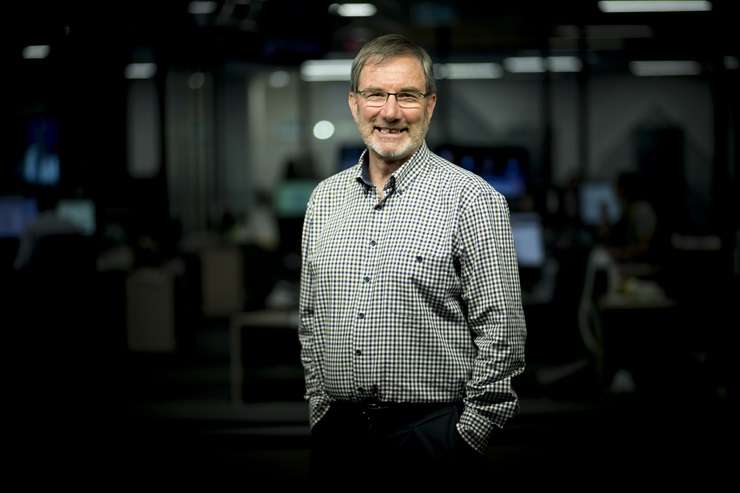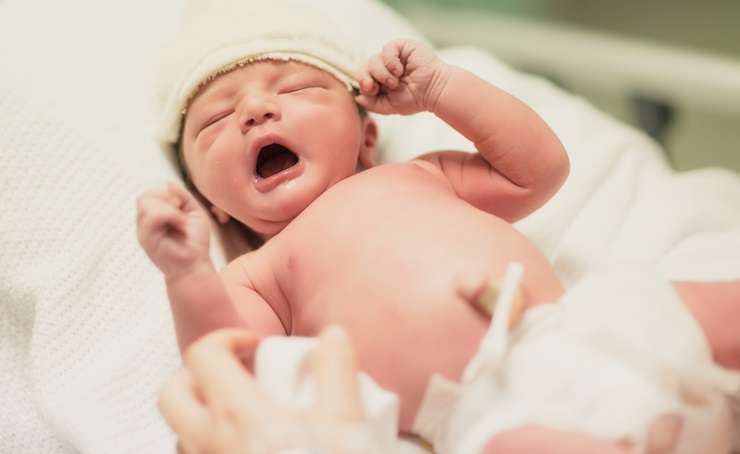First-home buyers in New Zealand are getting older, and that’s leading to some tricky questions around family planning, a leading academic has told OneRoof.
New Zealand sociologist and emeritus professor at Massey University Paul Spoonley said the fact that the major milestones in New Zealand lives were shifting had serious implications for the housing market and the future of the country.
“People are delaying or putting off completely having children and part of that mix is trading off what you can afford, including home ownership,” Professor Spoonley said.
Stats NZ released its latest fertility data last month, which showed New Zealand had experienced its lowest natural increase in population in 80 years. A fertility rate of 1.52 births per woman was a record-low and well below the replacement rate of 2.1 births per woman.
Start your property search
Meanwhile, figures from Centrix showed the average age of first-home buyers had reached 36.6 in the first quarter of this year, and that the average mortgage size was $159,714 higher than it was in 2019 (although almost $14,000 below the level in 2022, at market peak).
Discover more:
- Kiwis facing new mortgage cliff - could you find an extra $200 a week?
- Hundreds of buyers racing against the clock to get first home grant money
- Tony Alexander: The return of the housing market slump - who's to blame?
Centrix data only dates from 2019, but Professor Spoonley said it was clear transitions that had traditionally taken place earlier, such as leaving the family home and setting up independently, were now being delayed and financial considerations were increasingly driving those decisions.
“While the delay in homeownership and starting a family is significantly influenced by educational and career commitments, particularly among women, financial considerations are increasingly pivotal,” he said.
“The cost of living, especially post-pandemic, had become a major factor. Decisions are often being made between investing in housing and having children.”
Campbell Hastie, from Hastie Mortgages, said his firm had clients who were trying to balance buying their first home with starting a family.
“First-home buyers are older and there are lots of reasons for that. Getting educated and getting a career so you can earn enough money for a house deposit, and you can’t do it on your own unless you have a significant income,” he said.
“All of those things don’t happen now until you’re certainly in your late 20s if not 30s, and at that age, the biological clock is ticking and it’s ticking hard so, yes, couples are choosing,” Hastie said.

Professor Paul Spoonley: "There's a huge shift happening in decisions around fertility, but it's tracking alongside the purchase of houses." Photo / Dean Purcell

New Zealand fertility rates have dropped to a record low. Photo / Getty Images
CoreLogic chief economist Kelvin Davidson said since the early 2000s, housing affordability had become worse relative to income, which meant first-home buyers were taking longer to save a deposit and were more likely to face competing priorities between starting a family and buying a home.
“What we’re seeing right now though is that even though affordability is stretched, first-home buyers are still finding a way. Their market share has been as high as ever but the numbers are still relative to what’s happening in the wider market,” he says.
He said the market was currently geared toward first-home buyers with investors quieter than normal, and prices still around 11% below market peak.
“I don’t think it’s ever been easy for first-home buyers. Even those buying in the early 2000s, I don’t think they would say it was easy,” he said.
In the first quarter of this year, first-home buyers accounted for 26% of purchases, well above the long-term average of 21%, according to CoreLogic figures.
Professor Spoonley said the age of first-home buyers and the competing priorities they faced had broad implications for New Zealand’s demographic landscape.

CoreLogic chief economist Kelvin Davidson: "I don’t think it’s ever been easy for first-home buyers." Photo / Peter Meecham
“There is an ongoing trend of more adults in their mid-to-late 20s and even into their 30s living with their parents, fuelled by the high cost of housing and the necessity to save for a home deposit,” he said.
This also coincided with the establishment of partnerships and having children, which was increasingly occurring in people’s 30s, he said. Most children were now born to women in their 30s, and last year saw about a thousand more children born to women aged 40-plus than women in their 20s.
“There’s a huge shift happening in decisions around fertility, but it’s tracking alongside the purchase of houses, setting up relationships, and having children. And all those things are increasingly occurring with people in their 30s,” Professor Spoonley said.
New Zealand was also experiencing over time a geographical shift, with significant population growth expected in the top half of the North Island and Auckland.
The New Zealand Infrastructure Commission Te Waihanga is anticipating about three-quarters of the population in two decades will live in the top half of the North Island, and 40% of New Zealanders will live in Auckland, Professor Spoonley said.
Simultaneously, there was also a noticeable move away from traditional home ownership towards renting and other housing arrangements like co-housing and long-term rental options, he said.
Multi-generational living was also on the rise, with more families with adult children, and sometimes their partners and their own children, living with their parents, he said.
“This trend is more prevalent in Europe, but it is growing here, New Zealand is just behind. Boomers often own homes with multiple bedrooms, which can be utilised by their adult children,” Professor Spoonley said.
“When you start to consider all these things, you can see quite drastic shifts and changes to how we house New Zealanders, looking 10, 20, 30 years into the future, which obviously will have large impacts on the housing market here also.”
- Click here to find properties for sale




















































































